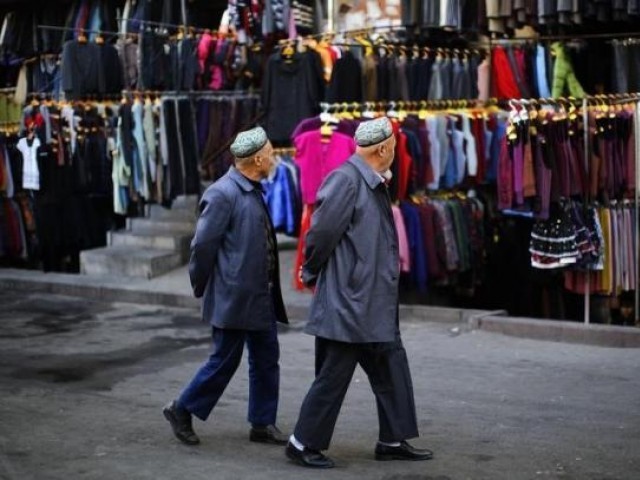The Xinjiang Uyghur Autonomous Region in Northwest China will set up a new city with the goal of fighting terrorism, stabilizing the border and promoting economic development, confirmed the 14th division of the Xinjiang Production and Construction Corps (XPCC), as reported by the Global Times.
The plan to set up Kunyu, a county-level city administered by the 14th division of the XPCC, has been approved by the State Council. This is according to statements made by several employees of the division in Hotan Prefecture to the Global Times without giving any further details regarding the plan.
Kunyu is located 75 kilometers from Hotan in Hotan Prefecture in southern Xinjiang, which has had problems with terrorism, separatism and extremism, according to the XPCC website. It is inhabited by people belonging to the Uyghur ethnic minority.
By establishing the city of Kunyu, the XPCC aims to secure the border area, preserve national security and further develop the economy.
The 14th division of the XPCC is in charge of cracking down on separatism, extremism and terrorism in Xinjiang Province.
Kunyu's position is also significantly strategic. It is located 440 kilometers from Kashgar, the westernmost city of China that borders India, Pakistan and Afghanistan.
According to a Xinhua News Agency report on Aug. 2014, 37 civilians were killed and another 13 were injured in a terrorist attack in Shache County, Kashgar Prefecture.
The XPCC is a special social organization, which has an important role in the Xinjiang Uyghur Autonomous Region. It handles its own administrative and judicial affairs within its administrated reclamation areas while remaining consistent with the law and regulations of the state government and the region, according to Xinhua.
Formed 60 years ago, the XPCC has reclaimed several ecological oases from the Gobi desert; played an active role in the modernization of Xinjiang; established large-scale agriculture, industrial and mining enterprises; and established new cities and towns, much like Kunyu, with the help of residents from all ethnic groups.



























